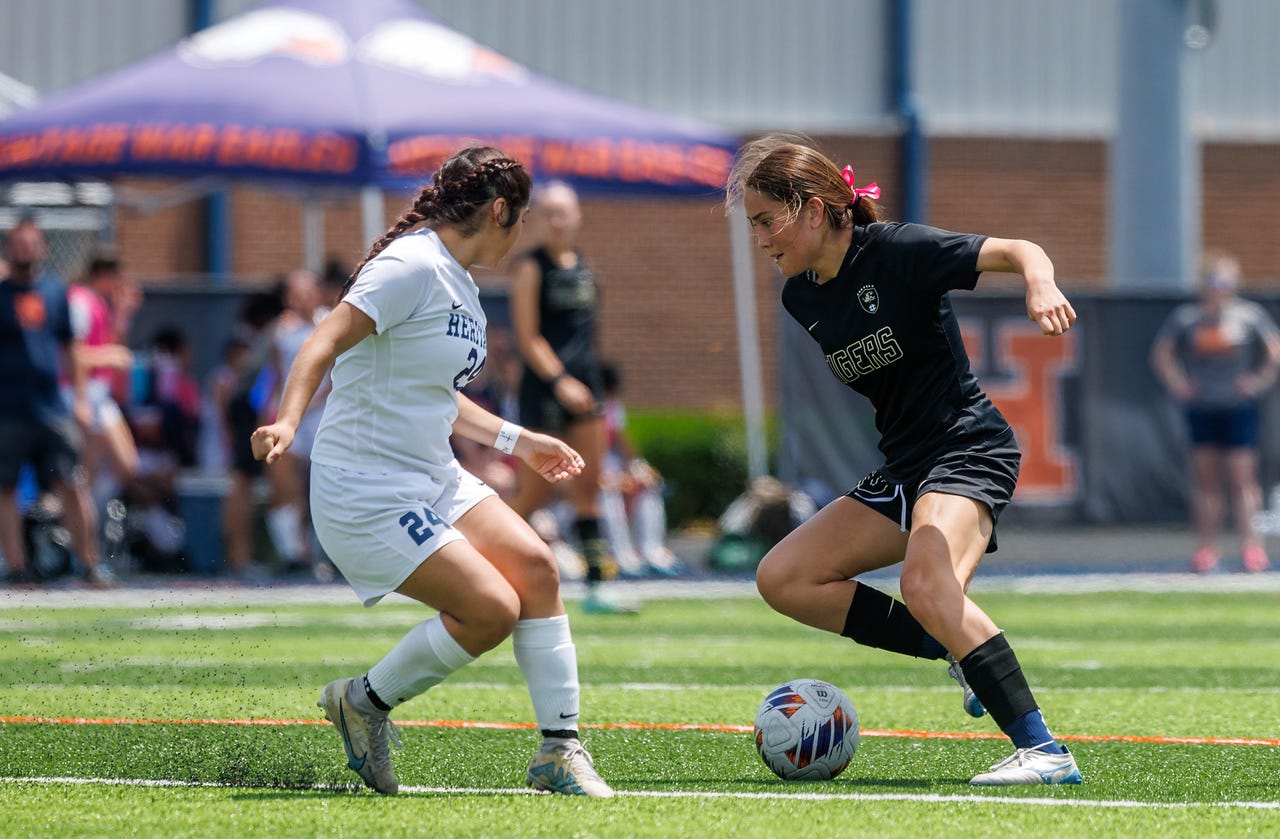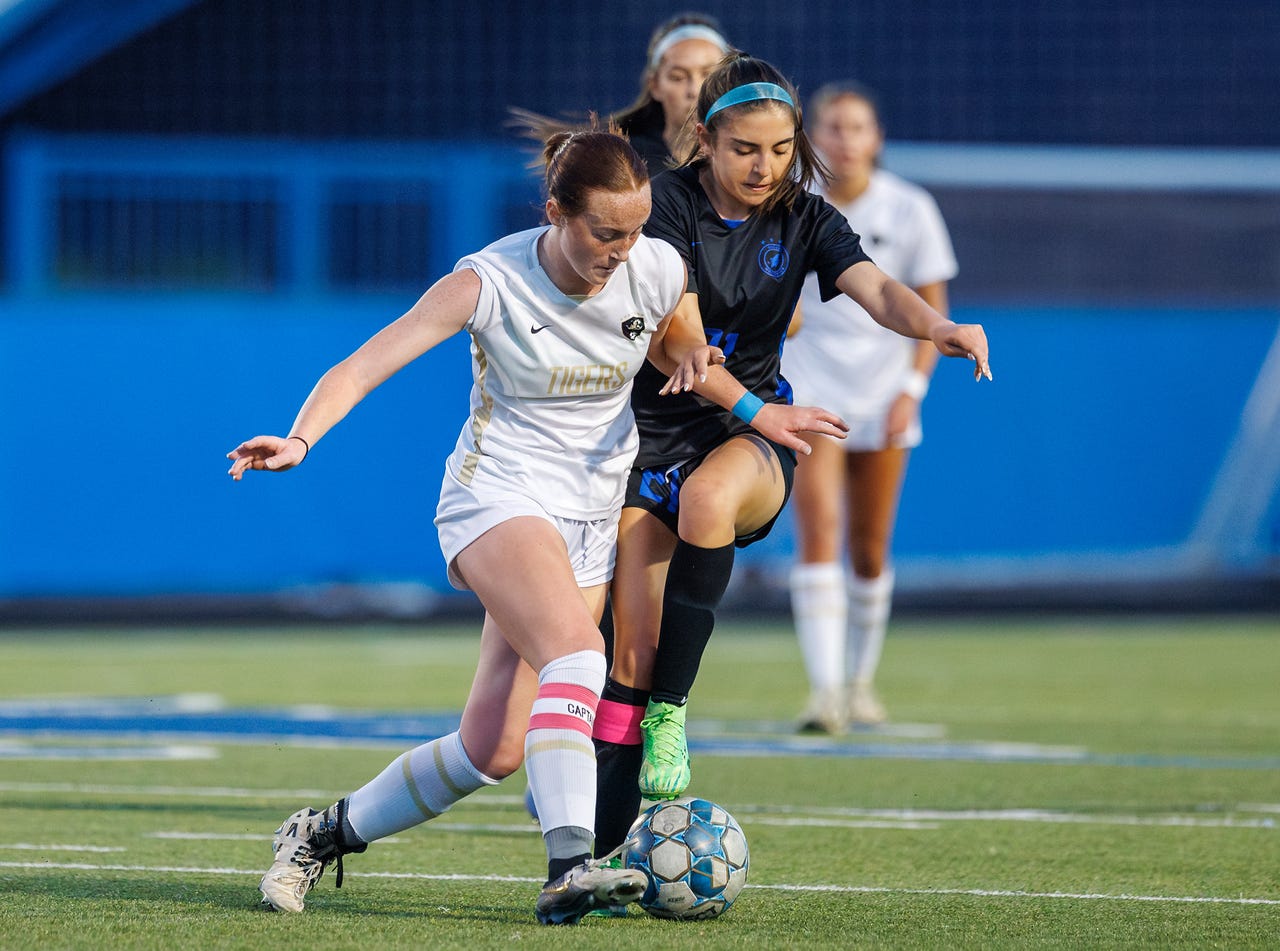Technique Is Not the Starting Point — It’s the Outcome
Skill is not memorized. It’s adapted. It’s emergent.

"You need to learn to dribble before you can do it in the game."
This statement has become a coaching truism. Heard on sidelines and in training grounds, it suggests a clear sequence. “You have to dribble- like this. You have to pass- like this. You have to shoot- like this. Got it? Okay! Now we can play.”
Neat. Logical. But is it true?
This linearity assumes that skill is a set of isolated movements that can be replicated first and then transferred into the complexity of the game. However, both research and real-world experience suggest the opposite: skill is highly dependent on context (Davids, 2021; Côté et al., 2003; Baker, 2014). The way a pass, dribble, or shot is executed isn’t fixed but adapts based on space, pressure, teammates, and opponents.
What if… instead of treating technique- dribbling, passing, shooting- as a prerequisite, we viewed it as an emergent property of problem-solving in the game? From an ecological approach, learning in context ensures that technique develops with real-time adaptability, not as decontextualized movements to be later "applied." Technique is what happens when we put players in relevant, game-like situations, not before.
Learning at the Edge of Chaos
Players don’t dribble because they were taught to dribble. They dribble because the situation affords it. The affordance- a temporary invitation to act- arises based on the rules of the game, the player’s position, the defender’s movement, and the field of play. The game provides the conditions for learning, not a cone or a command. “Players’ decisions and actions are governed by local emergent interactions rules rather than the a priori instructions provided by external agents (such as coaches, trainers, parents, significant others).” (Passos et al., 2009)
When we structure training around real game interactions, learning happens in the flow- not in a vacuum. Technical skills become more adaptable, more flexible, and more attuned to the needs of the moment. However, this requires a revamping of how we approach skill development- rather than teach technique first and then apply it, we must first understand the nature of how different constraints can act upon different players. Like a controlled experiment, we must adapt the conditions of a practice scenario to better represent the conditions to facilitate change. This kind of approach can tend to push coaches towards the edges of chaos as opposed to the safety of a more simplified linear approach, but it helps players find ways to adapt in the moment, responding to the game’s constantly shifting landscape.
Beyond the Basics: What Are We Even Practicing?
Even if we focus only on surface-level actions(dribbling, passing, shooting), we risk a shallow understanding of what real performance looks like. These categories don’t capture the wide array of actions that actually emerge in play: intercepting a pass, shielding the ball from an opponent, poking the ball away in a duel, positioning to delay or disrupt, recovering after a mistake.

Limiting our vision of sport to a few oversimplified 'basics' leaves entire dimensions of the game unaddressed. It limits perception and narrows the range of movement solutions players explore and thus prioritize. In reality, the game is rich with interactions that don’t fit cleanly into perfectly replicable technique boxes. Skill, in all its forms, grows out of exposure to this variability and diversity.
Co-Adaptation: Skill as a Relationship
Skill is not something a player has. It’s something that emerges between the player, their teammates, their opponents, and the space around them. "Co-adaptation refers to bi-directionally coupled relationships in which the adaptive movements of one agent transform the affordances available to another." (Farrokh et al., 2025)
A defender stepping forward alters an attacker’s options. A teammate’s overlapping run opens up a passing lane(and their failure to overlap might open up a dribbling lane). Every action transforms the layout of the playing field, and this constant interplay of actions and reactions shapes skill in real-time.
Constraints, whether from the game, environment, or coaching design, ripple through the system, reshaping all available opportunities. So, instead of drilling isolated movements, training should immerse players in these dynamic interactions. The game isn’t a combination of pass, dribble, shoot, defend. We can’t simply rehearse and add together those isolated movements and expect a concrete whole. Only by recognizing the value of representative environments can we help players learn to attune, adapt, and act effectively.
A Call to Reframe
The idea that players must first "learn the technique" before they can play the game is backward. It imagines skill as a possession- a prerequisite, not a performance, not an outcome. It treats movement as memorization, not adaptation. And it ignores the reality and complexities of the game as a dynamic, social, ever-changing system.
Instead of preparing players for a game that doesn’t exist- clean, sequential, controlled- we must invite them into the real one. That means crafting environments where skill emerges in context, not transfers from a decomposed rehearsal.
If we want adaptable players, we should stop preparing them for a game that doesn’t exist. Let them learn in the one that does.
Sources
Baker, J., & Young, B. (2014). 20 years later: Deliberate practice and the development of expertise in sport. International Review of Sport and Exercise Psychology, 7(1), 135–157. https://doi.org/10.1080/1750984X.2014.896024
Côté, J., Baker, J., & Abernethy, B. (2003). From play to practice: A developmental framework for the acquisition of expertise in team sport. In J. Starkes & K.A. Ericsson (Eds.), Expert performance in sports: Advances in research on sport expertise (pp. 89-113). Champaign, IL: Human Kinetics.
Farrokh, David & Davids, Keith & Araujo, Duarte & Strafford, Ben & Rumbold, James & Stone, Joe. (2025). Towards an ecological dynamics theory of flow in sport. Acta Psychologica. 253. 10.1016/j.actpsy.2025.104765.
Davids, Keith & Otte, Fabian & Rothwell, Martyn. (2021). Adopting an ecological perspective on skill performance and learning in sport. European Journal of Human Movement. 46. 10.21134/eurjhm.2021.46.1.
Passos P, Araújo D, Davids K, Gouveia L, Serpa S, Milho J, Fonseca S. Interpersonal pattern dynamics and adaptive behavior in multiagent neurobiological systems: conceptual model and data. J Mot Behav. 2009 Oct;41(5):445-59. doi: 10.3200/35-08-061. PMID: 19482724.
Mangalam, Madhur. (2025). The myth of optimality in human movement science.

Nick, terrific article. The joy (and the learning) is in the PLAY.
Love every word of it. Thanks also for adding the sources, Nick. Not that it will silence the naysayers in the near future, but it will reach the ones who care for advancing the status quo.